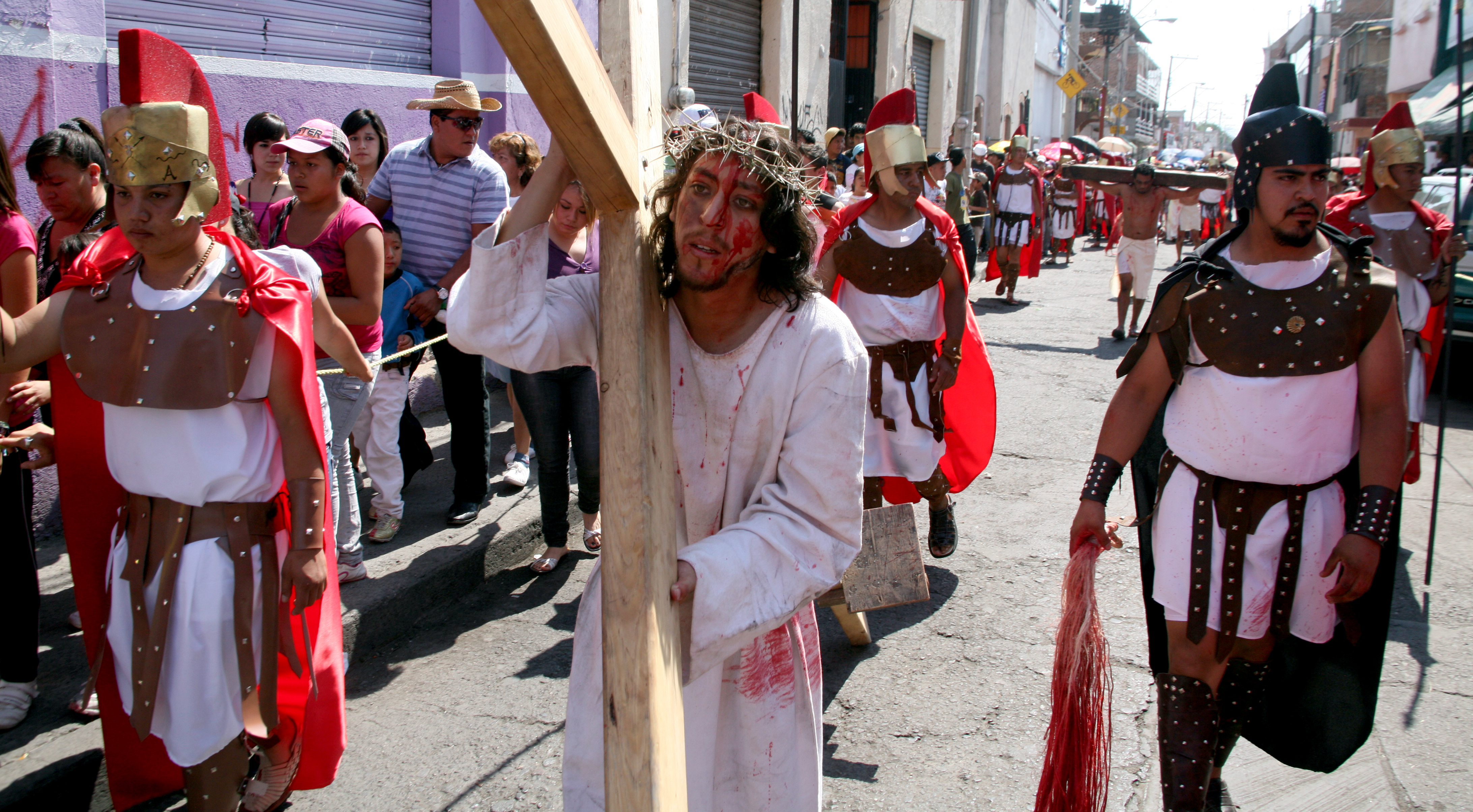I took the family to see Star Wars: The Force Awakens on
opening day.
We didn’t know how crowded it
would be – I warned the kids that we might not get to sit together. I was shocked when we walked right in. There was no line and we were the second
family in the theater – we sat right in the very middle and had great seats!
.jpg) |
| I would have loved a real-looking lightsaber like these but they didn't exist when I was nine. |
I was a big Star Wars fan as a kid. My ninth birthday party involved taking a bunch of
my friends to see Star Wars in the theater.
We then went back to my house and ran around using whatever we could find to
double as lightsabers that we swung at each other. I remember my mom making the declaration that
the party was over and driving all my friends home!
Star Wars was such a great story because it tapped into
archetypal characters that endure through time.
You had the Hero in Luke Skywalker that went on a journey from innocence
to maturity as he vanquished evil. You
had the Rogue in Han Solo whose very name represents a me-first attitude. His journey was to discover that he could in
fact care for something more than himself.
You had the Damsel in Distress in Princess Leia who also turned this
image on its head by being more than capable of taking charge. You had the Wise Old Man in Obi Wan
Kenobi. You had the Fool in both C-3PO
and R2-D2. You had the Animal Companion
in Chewbacca. You had the Devil in Darth
Vader.
These classic images told a good story where good triumphed
over evil.
As we tap into these helpful myths once again with the new
release, we realize that these archetypal stories help us to deal with our own
chaos and anxiety. It is no coincidence
that the first release was later subtitled, “A New Hope”. This is what humanity continues to long for.
This week, we also will retell an old old story at
Christmas. We will likely hear Luke 2:1-20 read and if we are attentive, we may rediscover the sense of wonder that this
story brings.
In this narrative, we discover that God has dwelt among
us. We remember that God does indeed love
us. We recall that good triumphs over evil.
Worship at Christmas is special because unlike a movie, we actually enter into this
story. We find that our faith in Christ
doesn’t just make us observers – as fun as that can be. We are actual participants. As we darken the sanctuary and then light the
candles at the end of our worship, we are signifying that our job as Christians
is to help shine the light of Christ into the world.
The importance of this can be staggering.
I hope that you’ll make worship a part of your life journey
this Christmas Eve. If you’re in the Edmond
area, we’ll have services on December 23 at 7 pm as well as December 24 at 4:00
pm, 7:00 pm and 11:00 pm. There might be
a crowd but it will be worth it!
In Christ,
Sam
Picture by The Conmunity - Pop Culture Geek from Los Angeles, CA, USA [CC BY 2.0 (http://creativecommons.org/licenses/by/2.0)], via Wikimedia Commons



.jpg)







.jpg)





